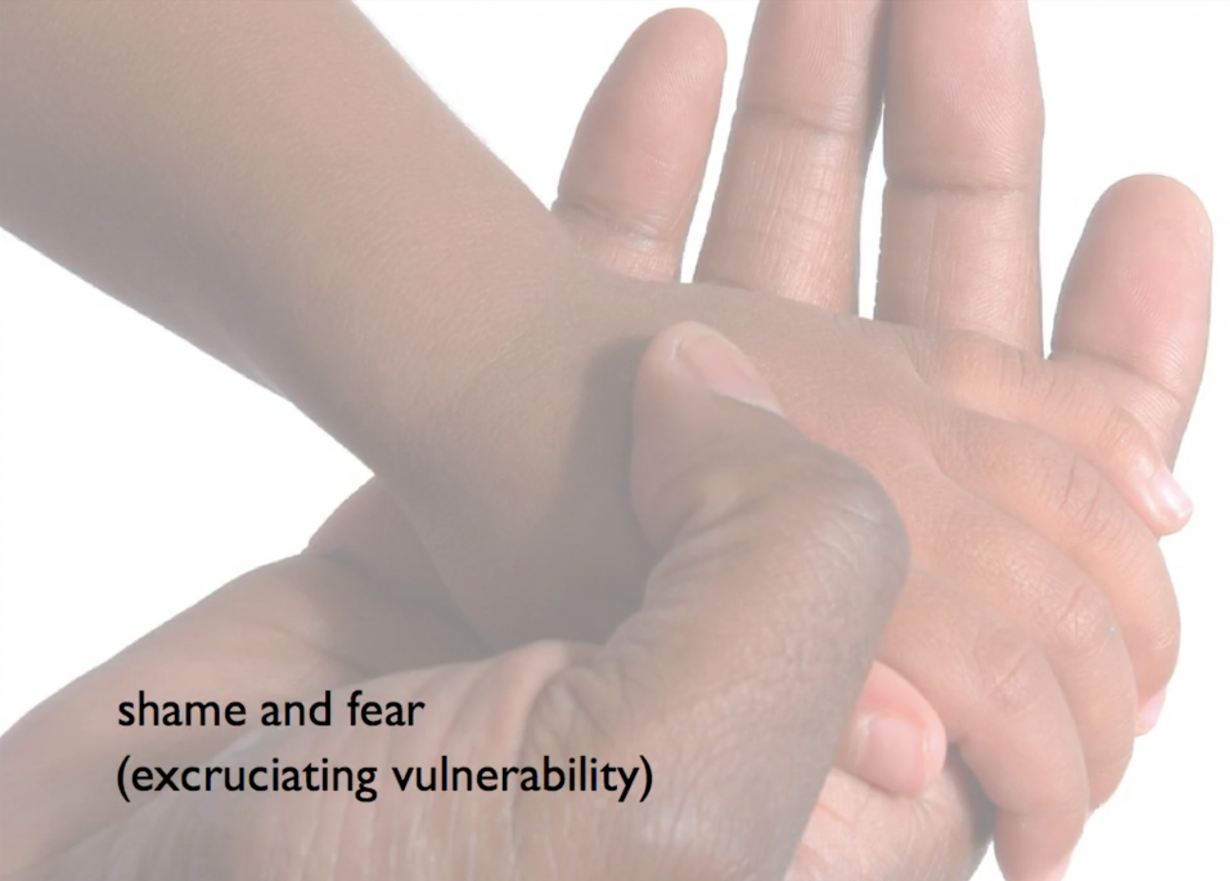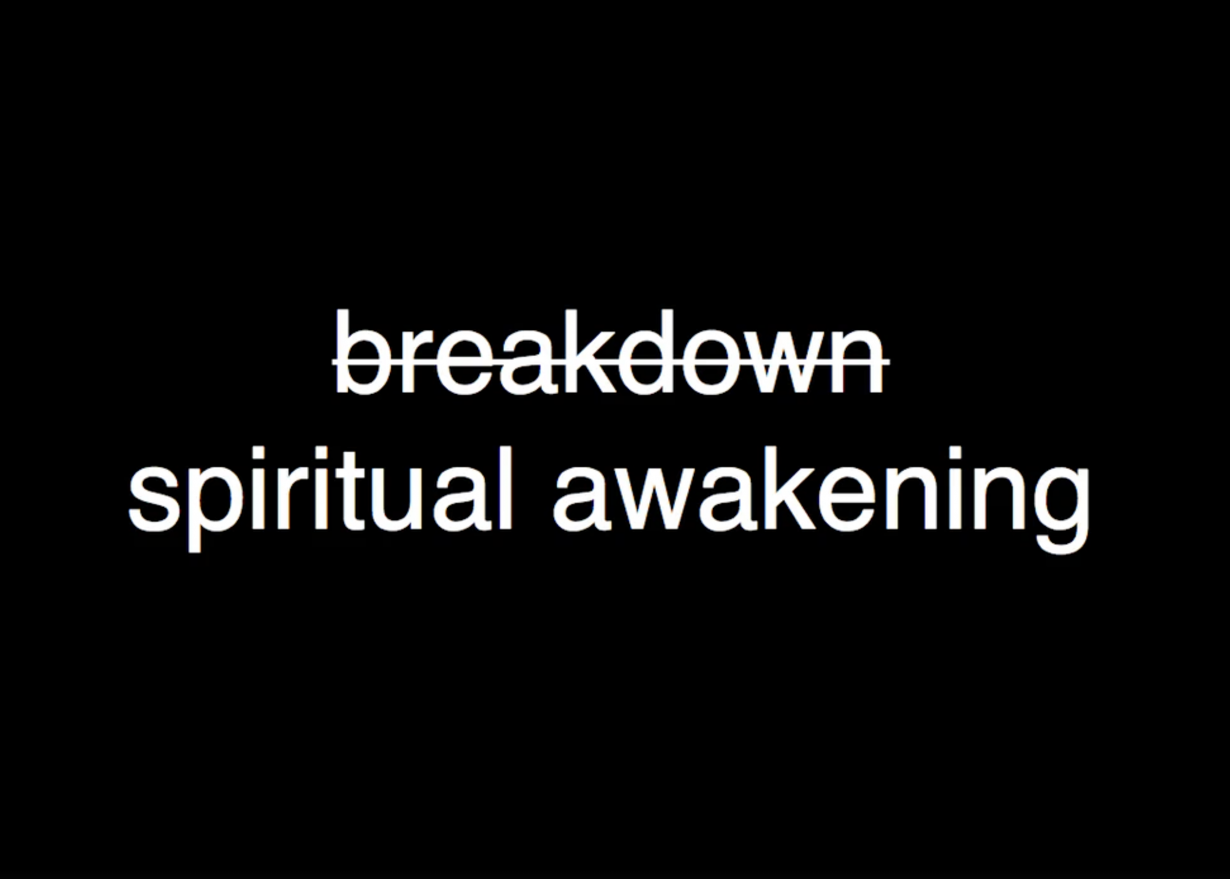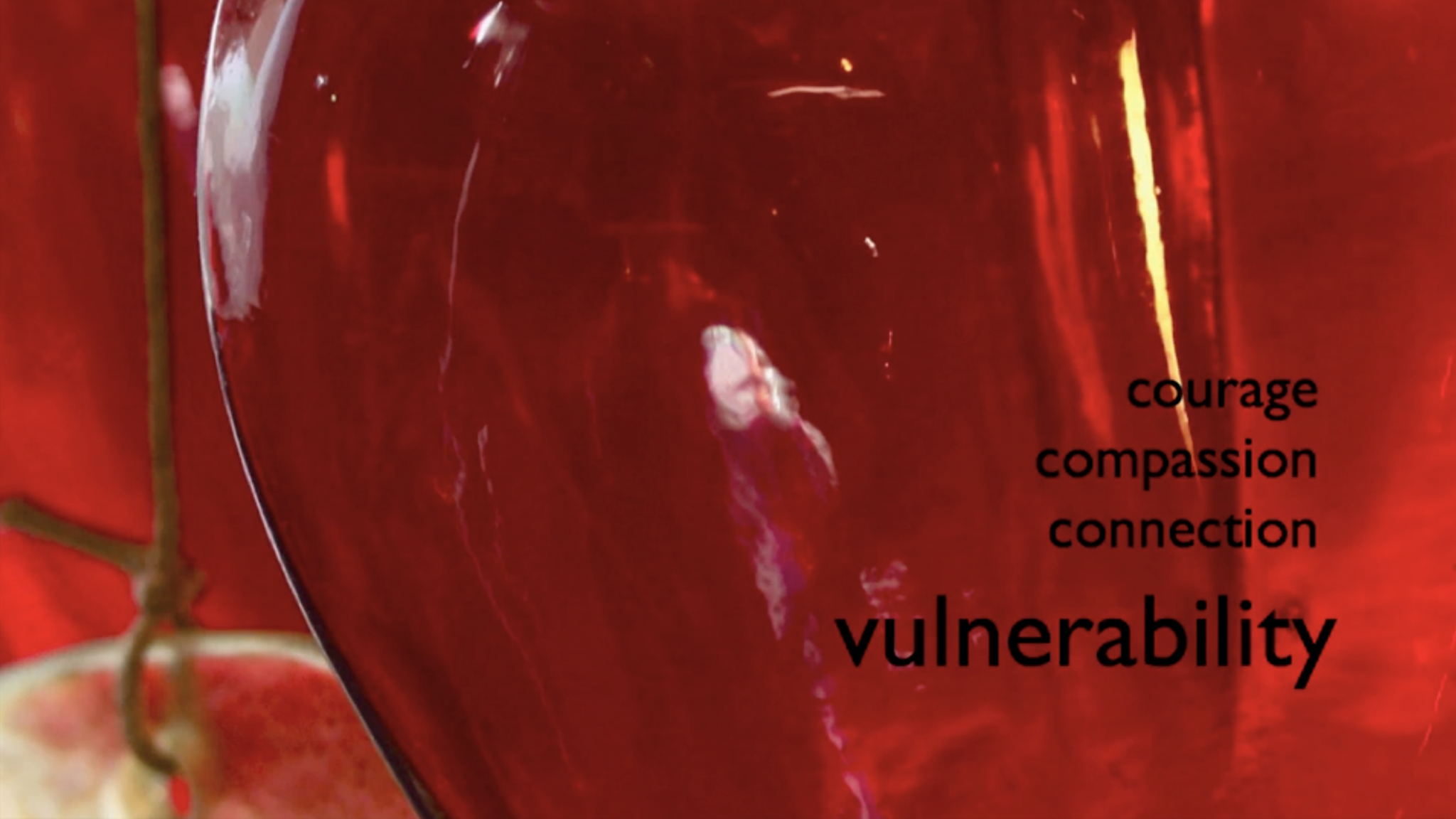Lauren Oyler’s collection of essays, No Judgement could do a bit better than ‘yuck’
One of the many cheap rhetorical strategies prevalent on the internet is treating any personal annoyance as if it is a serious infraction. Open Twitter and you’ll see it: professional adults driven apoplectic because an online review misinterpreted their book; a friend said something that upset you and this says a lot about how narcissistic and/or performative and/or neoliberal our culture has become; people subtweet about subtweets about subtweets. ‘Media literacy is dead!’ they declare, discussing a TikTok made by a sixteen-year-old. That none of this is really that serious is treated as irrelevant, if the thought occurs at all.
Lauren Oyler elevates this approach to a fine art in her debut essay collection No Judgement. Though its subtitle frames it as a meditation ‘on being critical’, Oyler is candid in her introduction that it is a book ‘on revenge’: against editors, internet users, other critics, even her own friends. ‘Some of the points of departure for these essays’, she admits, respond to ‘things that annoy me’ which, because of her closeness to the subject, ‘felt like an affront’.
The onlineness of this style of debate will be familiar to readers of Oyler’s ‘internet novel’, Fake Accounts (2021), though No Judgement’s particular acerbity builds on her fabled takedowns of authors including Jia Tolentino and Roxane Gay. It is hard to deny Oyler’s skill as a literary critic; whether or not you agreed with them, her book reviews demonstrated a punishing magisterial precision. They were harsh, sure, but this was a product of their argumentative clarity. But none of these reviews appear in No Judgement, in which her targets are more diffuse, her analysis less deft, and her contempt less disguised.
No Judgement’s thesis goes like this: our culture has become stagnant, tepid, safe; sincere banalities and middle-of-the-road pandering reign. In this climate, being critical is not cruel but enlivening. This premise is easy enough to agree with. But again, Oyler’s book is only tangentially about being critical. In the most direct sense, Oyler does little actual criticism: only two of the book’s six essays, on the reading-themed social network Goodreads and on autofiction, focus on literature – and the former is really about social media.

But, okay, what she means is criticism as a practice, as a way of life. Oyler is frank about her various cultural bugbears: TED Talks (‘I had always imagined they were stupid’), other people’s book reviews (‘obviously biased, boringly written’), the seemingly innumerable irritating people in her life (‘the conversation was so unbelievably stupid that I felt betrayed by it’). She is less keen to substantiate these dislikes. When justifying her disdain for TED Talks, for example, she points to one speaker’s somewhat cheesy quote about the etymology of ‘courage’. ‘Yuck’, she says, and promptly moves on. I don’t disagree with Oyler’s broader point. But I would expect a book about the value of discerning judgement to offer more than playground insults.
This is the discursive level that Oyler remains at for much of the book. Take her defence of autofiction, which spends as much time disparaging the genre’s ‘haters’ who ‘begged [her] not to’ write about it as it does making an actual argument. Her point, insofar as it exists, is trite: an author is not their protagonist, and assuming so betrays an ‘unsophisticated view of literature’. Even here, the essay is riven with contradiction: a writer has a ‘responsibility at least to try’ to be objective about other people, she says, a few pages after describing how she lost a friend whom she depicted in her novel with ‘noxious qualities’ she didn’t actually possess. She is ‘annoyed and sometimes actually angry’ that people assume she is the same as her novel’s narrator, yet argues it is ‘realistic’ to assume that Sally Rooney truly believes the ‘many obnoxious and annoying ideas’ her character expresses.

You might call Oyler a snob. She would be all too happy with this accusation. Indeed, when discussing her own critical practice, she self-identifies as a ‘snob, highbrow, elitist’. This is what sets her apart from the pop culture-loving mob and, she suggests, what qualifies her to be a professional critic. And when she ‘express[es] an opinion in criticism’, it is not ‘just an opinion’ – ‘it is correct’. To Oyler, this is not close-mindedness, a refusal to learn from others, or a boorish dismissal of the possibility of ambiguity in art. Ultimately, she says, ‘I’m right’.
For such bold pronouncements, it’s confounding how bland many of Oyler’s observations are. On bookselling: ‘Amazon squeezes the entire industry by squeezing brick-and-mortar bookstores’. On mental illness: there ‘seems to be a craven policy of overprescription of psychiatric medication’. On tourism: ‘tourists harsh the vibe […] looking at their horrible cell phones’. These barely qualify as hot takes, let alone missives from the ‘pre-eminent and most widely read critic of her generation’, as the book’s dust jacket proclaims.
If Oyler’s assertions seem to lack depth, her subjects also lack breadth. The essays often open with wide-ranging historical anecdotes, like the nineteenth-century origins of star ratings, yet they inevitably narrow into petty, small-scale disputes: bickering between authors and amateur Goodreads reviewers, between proponents and detractors of autofiction, between Oyler and her friends. She even seems aware of this fact: after 27 pages focused on chronicling catty Goodreads squabbles, she acknowledges that ‘the stakes seem low’. It is ironic that in the same essay, Oyler invokes Renata Adler’s critique of Pauline Kael; she seems to ignore Adler’s admonition that ‘holding too many very strong opinions about matters of minor consequence might elsewhere be the virtue of hucksters and demagogues’.

Perhaps I am nitpicking (Oyler does this often; her Tolentino review complained that the author used the word ‘supernova’ inaccurately). Set against the commodification and precarity that looms over contemporary criticism, it is hard to justify maligning one of the few critics proudly beating the drum for honesty and rigour. Opportunities for good, thoughtful criticism are dwindling. The biggest difference between an Adler pan and an Oyler pan might be that at least Adler had a staff job.
But Oyler’s book offers little reflection on these conditions. Perhaps its greatest limitation is its refusal to link the personal or aesthetic issues it describes with bigger, structural ones. Oyler complains about ‘fallacies spreading in cultural criticism’, but neglects to ask why they might be proliferating; the only time she mentions the casualisation of writers’ labour is so she can get back at celebrity actors or musicians who have ‘tons of fucking money’. This approach runs throughout the book: instead of criticising the publishing industry, she turns on random Goodreads users; instead of drawing on socialist critiques of psychiatry, in an essay on anxiety, she complains only about her friends badgering her to find a new therapist. Ironically, No Judgement ends up doing exactly what Oyler chastised others for: making ‘any observation about the world lead back to their own lives and feelings, though it should be the other way round’.
No Judgement: On Being Critical by Lauren Oyler. Virago, £20 (hardback)
Ian Wang is a writer living in London. His work has been published in the Baffler, Sight & Sound and the New York Times.
